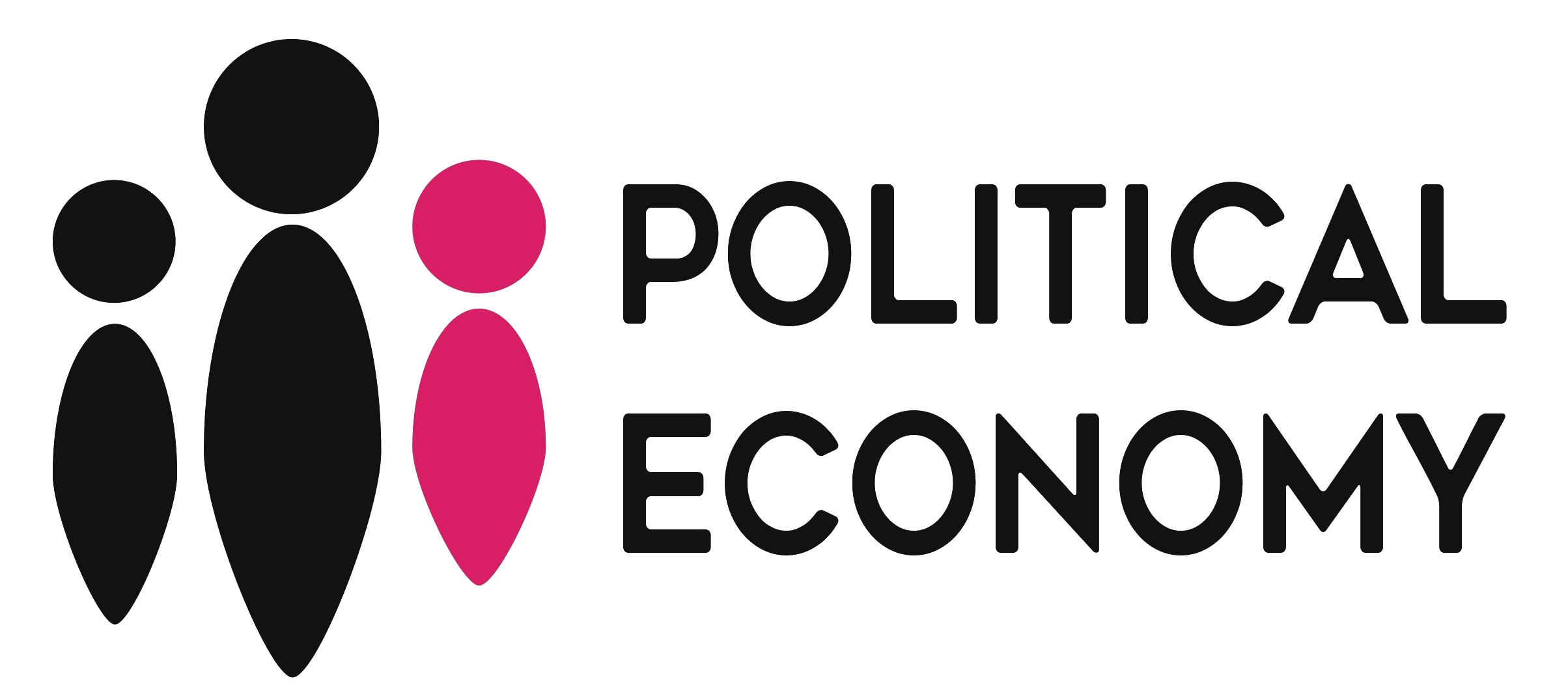Topics in Political Economics
- Typ: Seminar (S)
- Semester: SS 2017
-
Zeit:
2017-05-02
10:00 - 11:30
01.93 Seminarraum K1, Kronenstraße 32
weitere...
2017-07-04
08:00 - 19:00
01.93 Seminarraum K1, Kronenstraße 32
-
Dozent:
Prof. Dr. Nora Szech
- LVNr.: 2560552
Sustainability itself has multiple, often heavily interlinked aspects. The economic dimension is concerned with the allocation of resources and capital in order to maintain economic growth. The environmental dimension encompasses the interaction of humans and nature. Destructive exploitation of natural resources, pollution or overfishing are typical examples of environmentally unsustainable behavior. Furthermore sustainability has another, less frequently discussed, social component. It encompasses labor rights, human rights and as well as social integration of the different segments of a society.
How can we promote sustainability? Is it possible to change people’s behavior? The success of the book Nudge by Cass Sunstein and Richard Thaler as well as the creation of the Behavioral Insights Unit in the United Kingdom show that the induction of sustainable behavior is of public interest and a political concern. With the support at our chair, students develop their own ideas for the design of an economic experiment or field of study.
Please note that no topics will be handed out by the seminar facilitators. Instead participants will develop their own research question in the field of social or environmental sustainability.
Students will work in pairs. If the process of pairing up remains unsuccessful, a partner will be assigned. In case of an uneven number of attendants one group of three will be possible.
For bachelor students grades will be based on the quality of presentations and discussions in the seminar (50%) and the seminar paper (50%).
Master students additionally have to hand in two abstracts with their paper. Their grades will be based on the quality of presentations and discussions in the seminar (40%), the seminar paper (40%) and the two abstracts (20%) – one with a maximum length of 100 words and one with a maximum length of 150 words.

